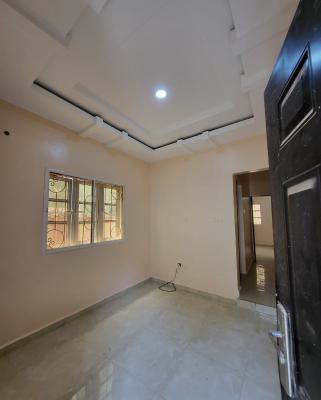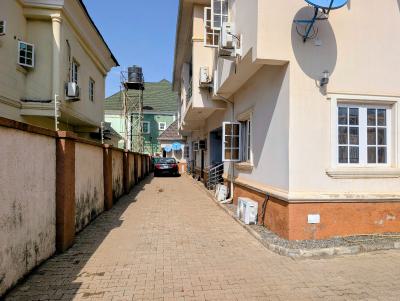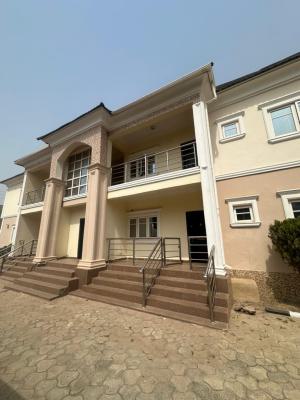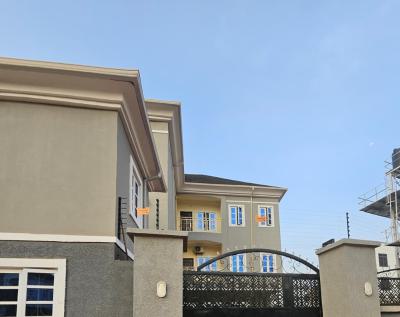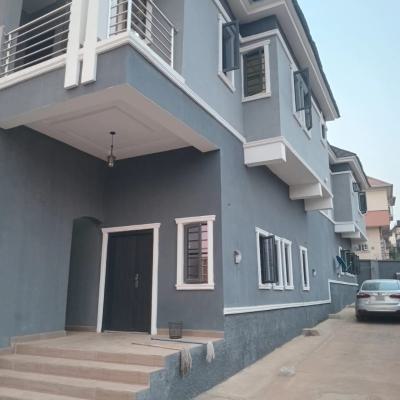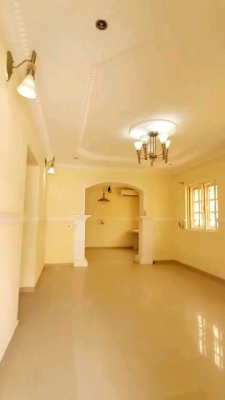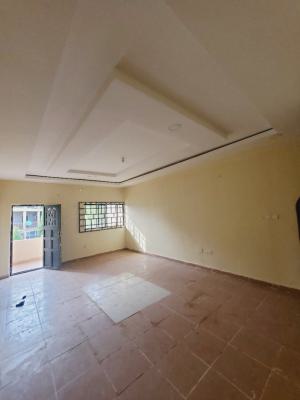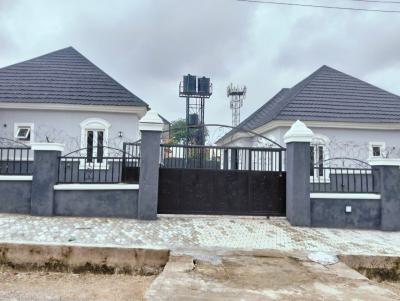Unfurnished Flats for Rent in Apo Resettlement, Apo, Abuja
Quick Filters
Bedrooms Subtypes Areas Furnishing
11
1 bedroom flat / apartment for rent
Zone E Extension, Apo Resettlement, Apo, Abuja ₦2,500,000 per annum1 bedroom mini flat (room and parlour) for rent
Zone E, Apo Resettlement, Apo, Abuja ₦2,000,000 per annum2 bedroom flat / apartment for rent
Zone E Extension, Apo Resettlement, Apo, Abuja ₦3,500,000 per annumWhat is the average price of furnished flats for rent in Apo Resettlement, Apo, Abuja?
The average price of furnished flats for rent in Apo Resettlement, Apo, Abuja is ₦2,500,000 per annum.
What is the price of the most expensive furnished flats for rent in Apo Resettlement, Apo, Abuja?
The price of the most expensive furnished flats for rent in Apo Resettlement, Apo, Abuja is ₦7,000,000 per annum.
What is the price of the cheapest furnished flats for rent in Apo Resettlement, Apo, Abuja?
The price of the cheapest furnished flats for rent in Apo Resettlement, Apo, Abuja is ₦800,000 per annum.
How many furnished flats for rent in Apo Resettlement, Apo, Abuja are available?
There are 11 available furnished flats for rent in Apo Resettlement, Apo, Abuja.
You can view and filter the list of property by price, furnishing and recency.


